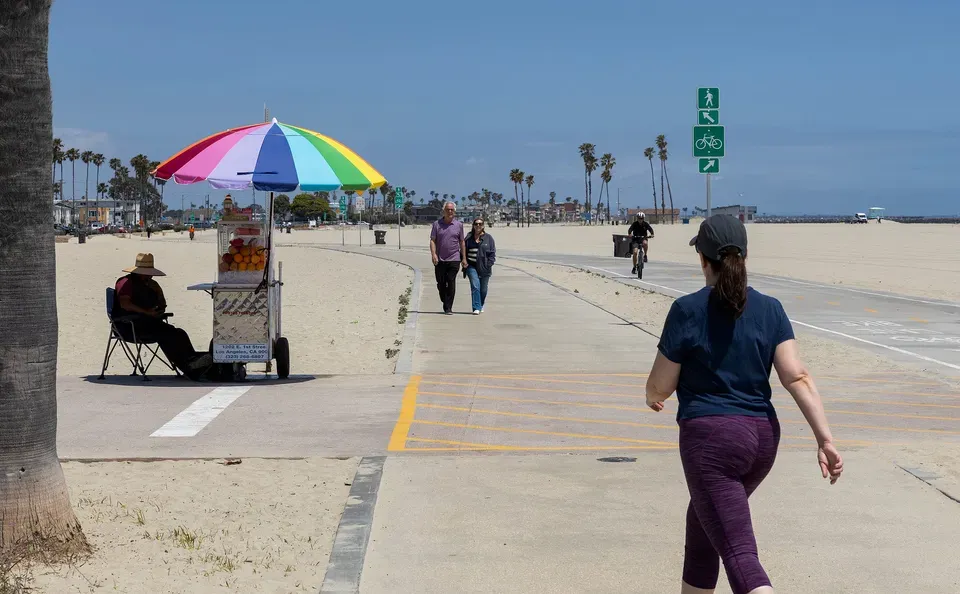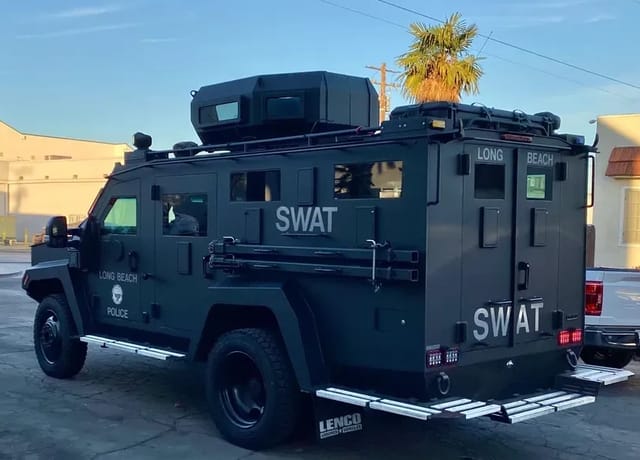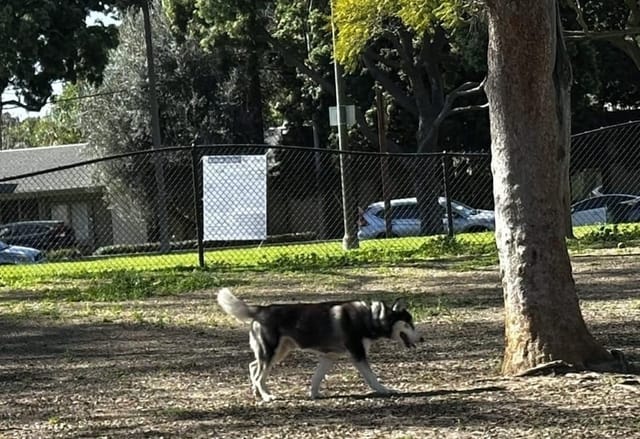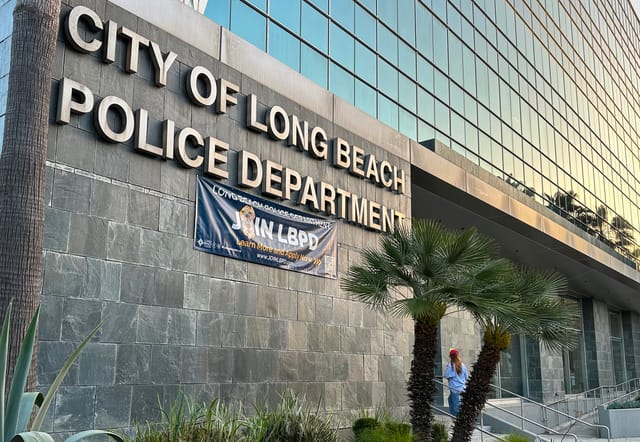Critically Speaking: Speed bumps on the ‘Sidewalk to Success’
Street vendors are running into barriers while trying to comply with Long Beach's new law.

The one thing that I’ve learned about laws and policies is that they’re rarely ever perfect the first time.
Legislators are constantly refining and tweaking policies from the past to meet today’s needs or to undo the proverbial “unintended consequences” that may have been overlooked.
Long Beach is no different and Tuesday’s update to the City Council on the sidewalk vending ordinance it adopted at the start of the year laid bare some speed bumps in the “Sidewalk to Success” program.
If you remember, Long Beach’s law was prompted by a new state law that decriminalized sidewalk vending. But like most state laws, it allowed individual cities to come up with localized rules for how it would be applied.
It was also pushed for by brick-and-mortar restaurant owners who said vendors were eating into their business. However, the law only allows for health and safety issues to be addressed, not economic competition concerns.
Some of the shortcomings of the rollout were foreseeable like the several new hoops vendors would have to jump through to legally operate in the city causing confusion and anger among vendors. There are language barrier issues but also economic hurdles that are tough for any vendor to overcome regardless of the language they’re most comfortable speaking.
So, uptake has been slow. How slow?
As of Tuesday the city had received 164 business license permit applications, 118 of which were from vendors who sell food, and just 18 licenses have been granted.
Two of them were for food vendors, according to the presentation.
The blame for the low permit numbers doesn’t appear to fall squarely on one camp. While the city can adopt local rules that are more restrictive than state law, it does have to uphold the minimum requirements laid out in the law that decriminalized street vending statewide.
While California “decriminalized” street vending, Long Beach can still issue administrative fines and impound the equipment and food products of those found in violation, something the city says hasn’t happened since last year after city staff started to feel unsafe after being harassed.
State law requires local health permits, maintaining parameters for the carts being used to sell food and seeing that those carts are stored in a commissary or other acceptable space, which can be pricey for vendors.
City officials say—and some vendors confirmed—that applications are being turned in incomplete with vendors pointing to approved carts being too expensive and the city’s requirement that vendors acquire insurance policies with $1 million in coverage being too onerous.
Insurance policies are not required under state law but were added to the city’s list of requirements at the urging of city management, who said that vendors having their own coverage could protect the city from litigation in the event of food poisoning, death or some other issue arising from goods being sold on the street.
And, of course, getting permitted by the city takes time and vendors say they need to continue operating in the interim to support their families. But the city started enforcing the ordinance in July.
The Vendor Justice Committee, a coalition of vendors, is asking the city to do a number of things to make it easier on vendors who are working in good faith to become compliant. The committee is asking for things like a pause on citations until 75% of applications have been processed by the city and provisional permits to allow vendors to continue working while applying.
It’s also asking for standardized carts and insurance to be made optional. The city has dedicated over $720,000 to help pay for fees, carts and insurance and the committee is asking for that money to be reallocated to things like portable refrigeration and water tanks.
And finally, it’s asking for the city to approve home kitchens as retail food facilities so vendors can safely prepare food at home and sell it on the street. Currently, there’s only one approved commercial kitchen in the city under the city’s ordinance, which is not nearly enough for the number of vendors in the city.
While frustration was evident Tuesday, it was also clear that at least a faction of the City Council wants to keep vending as a viable avenue to make money rather than just dropping the hammer of enforcement.
It’s also good news that the city is working on publishing diagrams showing the numerous buffers that vendors have to abide by to steer clear of violations and is working on an interactive map that shows in clear detail where vendors can legally operate because of the buffers.
However, the outlook for your favorite taco stand doesn’t look so rosy.
Those are considered “pop-up restaurants” and don’t fall under the state’s protections for Compact Mobile Food Operations, which are defined by limited food preparation and don't cover things like raw meat. So, their path to compliance is likely more dubious.
What happened this week:
The election is quickly approaching and the staff at The Watchdog wants you to be as informed as possible before casting your votes, which you might have already done. If you haven’t you should check out this explainer on Measure JB, the charter amendment that the city says could speed up its hiring process by shaving off a few months from the seven-month average it takes to fill city jobs. This week, as part of our ongoing “On the Ballot” series, I sat down with my colleague Jackie Rae and discussed the measure that we really felt needed the additional context. The entire proposal is 20 pages but the ballot language is just a few dozen words. If you don’t think that’s enough information to inform your vote, I highly recommend you watch our discussion that’s included in this article.
Something to keep an eye on:
Next Tuesday’s City Council meeting could provide a little more clarity on whether special events that allow cannabis consumption could be permitted in the city going forward. The council asked city staff to explore the idea of allowing cannabis use at specially permitted events as a way to both help the ailing legal cannabis industry and drive more tourism to Long Beach through cannabis events. Tuesday’s update to the council isn’t expected to come with any kind of actionable vote but could give a glimpse of what councilmembers could ultimately vote on later this year. A full report on the feasibility of special cannabis events is expected to be back before the City Council within 45 days.
We need your support.
Subcribe to the Watchdog today.
The Long Beach Watchdog is owned by journalists, and paid for by readers like you. If independent, local reporting like the story you just read is important to you, support our work by becoming a subscriber.





